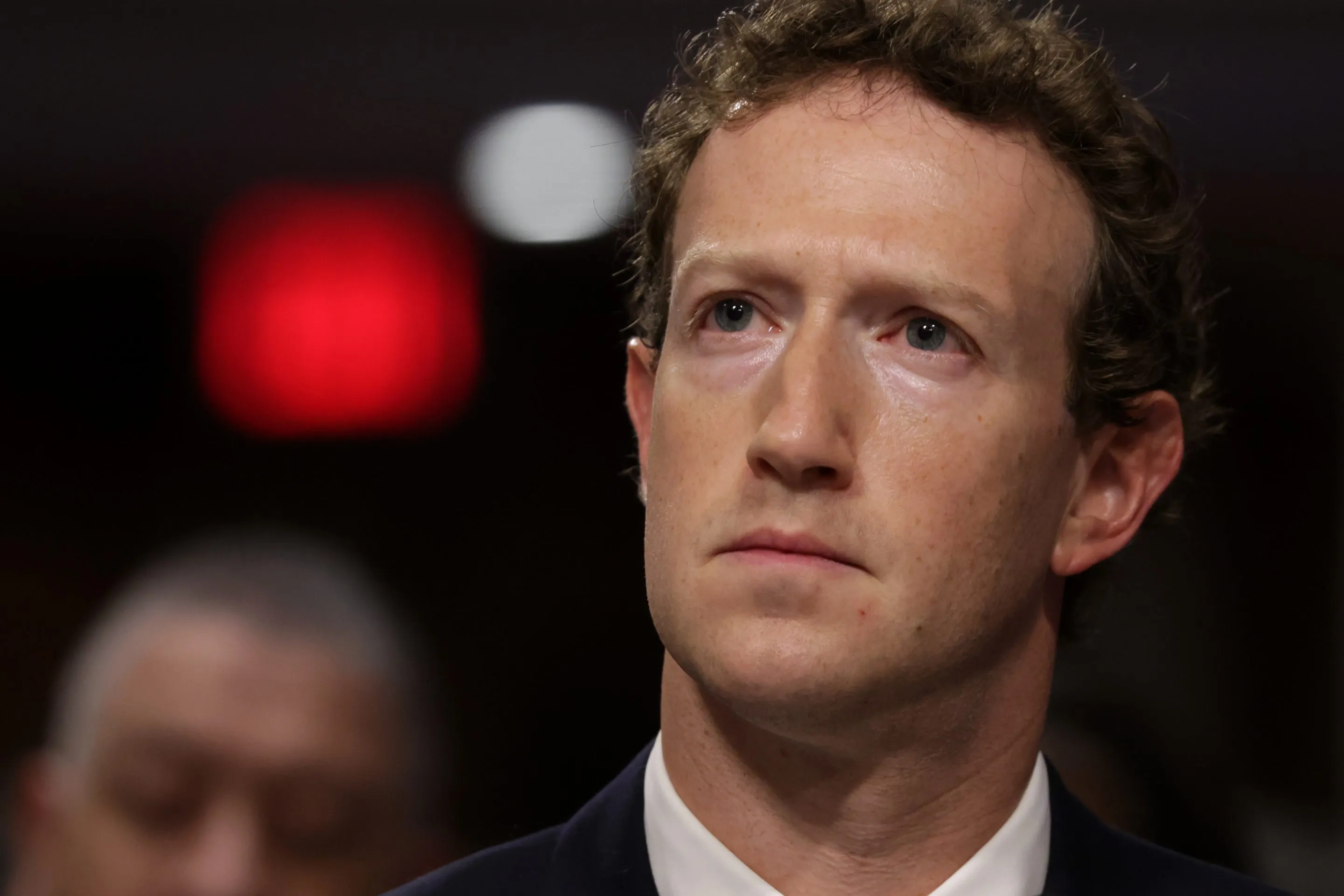Understanding the Lockout of Telegram and WhatsApp Amid Moscow's Internet Censorship

Understanding Telegram and WhatsApp Lockouts
Recent reports indicate that Telegram and WhatsApp are facing widespread lockouts among users in Russia. This has become a pressing issue as Moscow tightens its grip on the internet. The state regulator has pointed fingers at a distributed denial-of-service (DDoS) cyberattack, which has severely affected Russia's telecom operators.
The Role of Cybersecurity in Internet Censorship
The ongoing incidents highlight serious concerns in cybersecurity and the ability of communications platforms to operate under oppressive conditions. With an increasing number of users relying on these platforms for communication, the implications of such censorship are profound.
What This Means for Users
- The potential for increased state surveillance on digital communications.
- The challenge of accessing uninterrupted services amidst escalating internet controls.
- Concerns about data privacy and user security as platforms adapt to survive.
This article was prepared using information from open sources in accordance with the principles of Ethical Policy. The editorial team is not responsible for absolute accuracy, as it relies on data from the sources referenced.